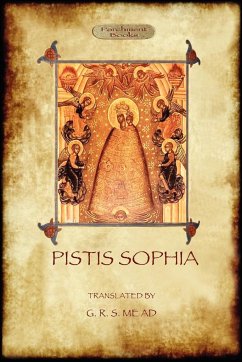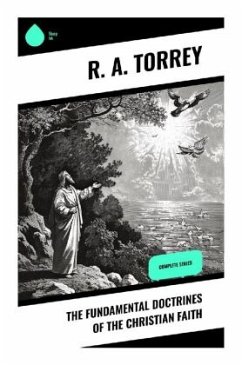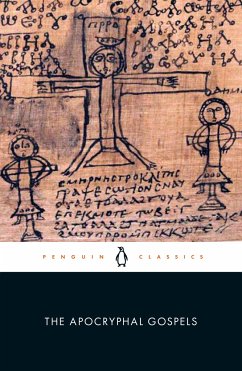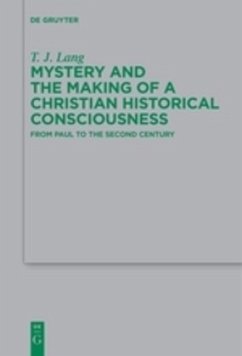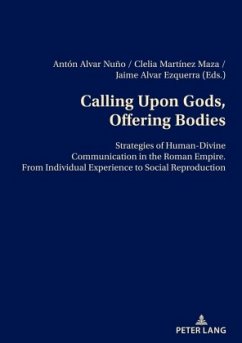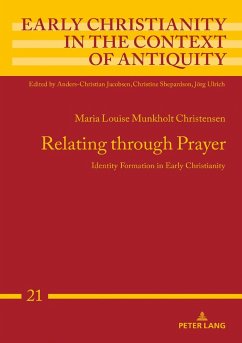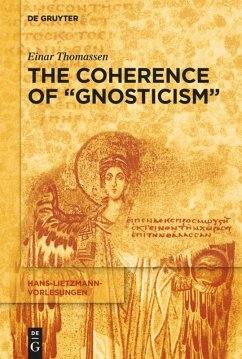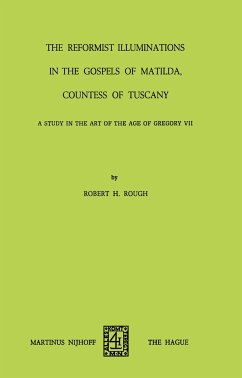
Pistis Sophia (The Message of Resurrected Jesus)
Versandkostenfrei!
Versandfertig in 6-10 Tagen
15,90 €
inkl. MwSt.
Weitere Ausgaben:

PAYBACK Punkte
0 °P sammeln!
Pistis Sophia (The Message of Resurrected Jesus) is a seminal text that emerges from the rich tapestry of early Christian Gnostic thought, blending intricate theological ideas with a distinct narrative style. This enigmatic work, attributed to an anonymous author, explores themes of salvation, the nature of divine wisdom, and the relationship between the soul and the divine. The prose is imbued with a mystical tone, employing dialogue and allegory to convey profound spiritual truths, reflecting the influence of both Hellenistic philosophy and Judeo-Christian traditions. Particularly notable is...
Pistis Sophia (The Message of Resurrected Jesus) is a seminal text that emerges from the rich tapestry of early Christian Gnostic thought, blending intricate theological ideas with a distinct narrative style. This enigmatic work, attributed to an anonymous author, explores themes of salvation, the nature of divine wisdom, and the relationship between the soul and the divine. The prose is imbued with a mystical tone, employing dialogue and allegory to convey profound spiritual truths, reflecting the influence of both Hellenistic philosophy and Judeo-Christian traditions. Particularly notable is its portrayal of the figure of Jesus as a central mystical teacher, guiding his disciples toward understanding the mysteries of the universe and the path of redemption. The author, choosing to remain anonymous, aligns with the tradition where personal identity is often secondary to the message itself, hinting at the collective struggle of early Christians grappling with their beliefs in a post-resurrection world. Grounded in the socio-political complexities of the second century, the text may echo the author's need to articulate a counter-narrative to orthodox interpretations of faith, aiming to elevate the spiritual comprehension of the seekers of that era. This profound work is highly recommended for scholars, theologians, and spiritual seekers who wish to delve deep into the complexities of Gnosticism and early Christian mysticism. Pistis Sophia offers its reader not just historical insight but also timeless spiritual wisdom, encouraging introspection and a quest for understanding in their own spiritual journeys.




